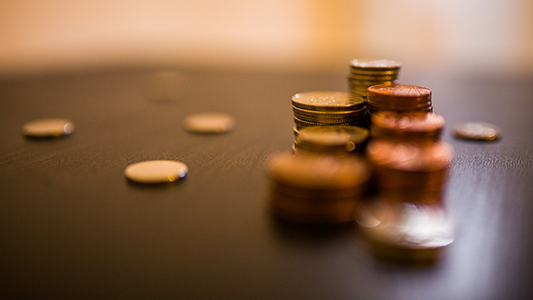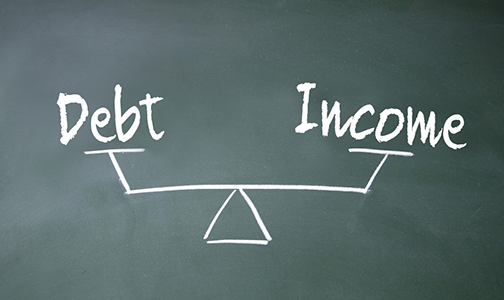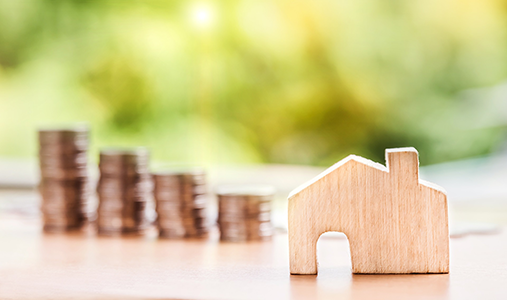
Great! Thank you for sharing what you are looking for! Let's quickly summarize that!
You're looking for a Townhouse or a Condo home purchase which will be your primary home. Here's all you need to know to get started on your mortgage based on your situation:
Condominium living can be an appealing housing option. It's often considered to be more affordable and someone else handles much of the maintenance and repairs. There are a few things you should be aware of before you go in for a purchase of a condo, such as ownership, monthly expenses and pre-purchase checks. When you purchase a condo, you own a private dwelling called a unit. Your unit is registered in your name. You also share ownership of the common elements and assets of the building and community. Common elements may include lobbies, hallways, elevators, recreational facilities, walkways, gardens and other amenities. In addition to paying for your condo, you will also have to pay monthly condominium fees which is shared among the owners of the condo. When you are shopping around and comparing different condominiums, it's important to compare the purchase prices and monthly fees for each unit. A portion of your condo fees will likely go toward the building's reserve fund. A reserve fund ensures that the condominium has enough money to pay for the major repair and replacement of the common elements over the life of the building. These may include the roof, roads, sewers, sidewalks, elevators, plumbing and other building systems. Use all the investigative tools at your command to help you avoid serious problems. These tools can include property disclosure statements, professional property inspections, condominium corporation minutes and engineering reports.

If your purchase price is less than $500,000, the minimum down payment is 5%. If it is between $500,000 and $999,999, the minimum down payment is 5% for the first $500,000, and 10% of any amount over $500,000. If the purchase price is $1,000,000 or more, the minimum down payment is 20%. Mortgage default insurance is required on all mortgages with down payments of less than 20%, which are known as high-ratio mortgages.

Your FICO score, which is different from your credit score, is a number used by Canadian mortgage lenders to determine your creditworthiness based on your financial history. Preferably, a FICO score of 680 and above is what you should aim at to ensure you get approved with the best rates on the market.
Click here to find out your FICO score for free now!

If you are salaried or work part-time, it is necessary that you have guaranteed hours and a proven steady income. Further, you will have to ensure you are not on employment probation. If you happen to be on probation at the time of application, you can try scheduling your closing date after your probationary period. Self-employed professionals will require a 2-year income history which will be averaged.
You should get pre-qualified before starting your house hunt. Figure out your budget and calculate how much you could afford and get approved for before looking for a new home.